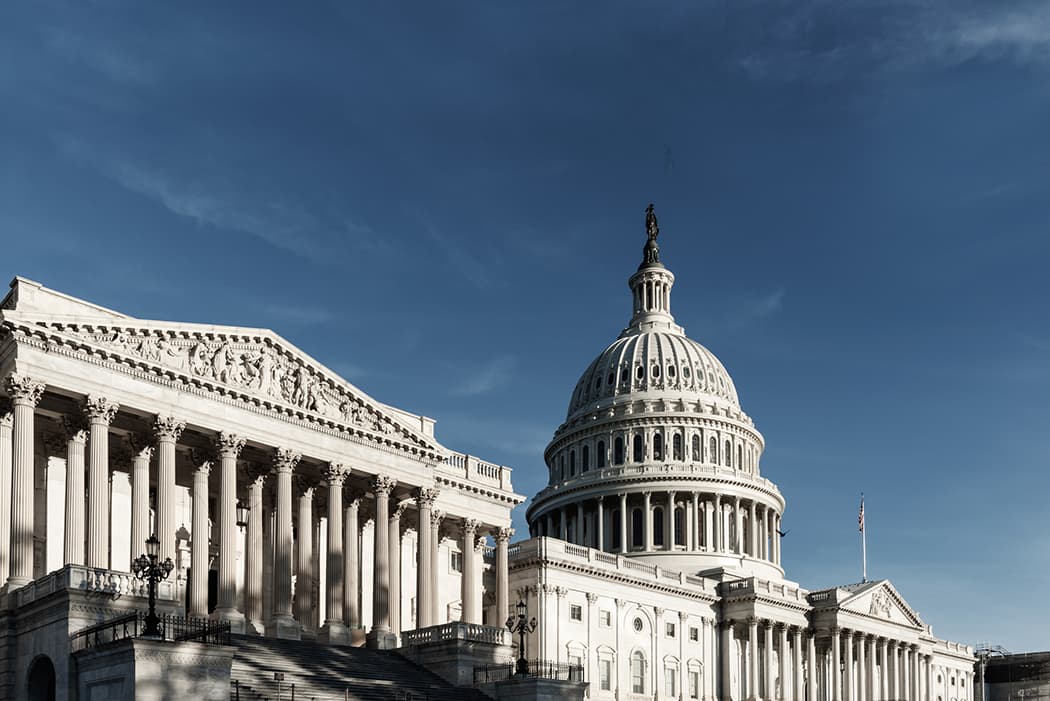
With a government shutdown possibly beginning on Sunday Oct 1, 2023, it’s important to look at how it could impact the transportation industry specifically. Can we draw any lessons from past government shutdowns? Absolutely.
Here are a few things transportation professionals should consider to be prepared for a shutdown:
1. Fuel surcharge rates
The biggest disruption for commercial freight in past shutdowns was that the Energy Information Agency (EIA) was shuttered. This means the average weekly diesel prices will not be published every Monday. Most commercial contracts rely on this to adjust established fuel surcharges. If the federal government shutdown starts on October 1, 2023, the first missed update would be Monday, October 2, 2023.
There are several workarounds to consider if the prices are unpublished
- Use the September 25, 2023 published prices for a week or two to give politicians time to come up with a solution
- Use a commercially available index
- Agree to backdate or revise billing once the EIA re-opens and provides backdated information (which they have done in the past).
2. Disruptions to FMCSA services
If the government shutdown lasts more than two weeks, there could be disruption to some FMCSA services for carriers and individual drivers
- Getting waivers for medical exemptions
- Registering new truck and motor carriers
- Scheduling safety reviews
- Updating MCS-150 forms
3. Potential delays at Customs
Customs will keep goods flowing, but Partner Government Agencies (like Environmental Protection Agency, U.S. Fish & Wildlife Service, U.S. Department of Agriculture, Food and Drug Administration, etc) may not be deemed essential. If that is the case, any shipment that requires additional clearance may be delayed.
4. Impact on government freight
The flow of government-related freight may slow or even stop as agencies become reluctant or unable to complete purchase orders due to lack of funding. This includes freight from the Department of Defense and other government agencies.
5. Federal employee furlough
Past shutdowns have resulted in hundreds of thousands of federal employees being furloughed. This may have an impact on demand for all types of goods, especially in geographic areas like Washington, DC that rely heavily on federal jobs.
If the government shuts down, freight will not stop moving. However, a government shutdown does bring the potential for disruption and delays. Preparedness is key and your logistics partner can help ensure you have the right contingency plans in place to keep your supply chains on track.



